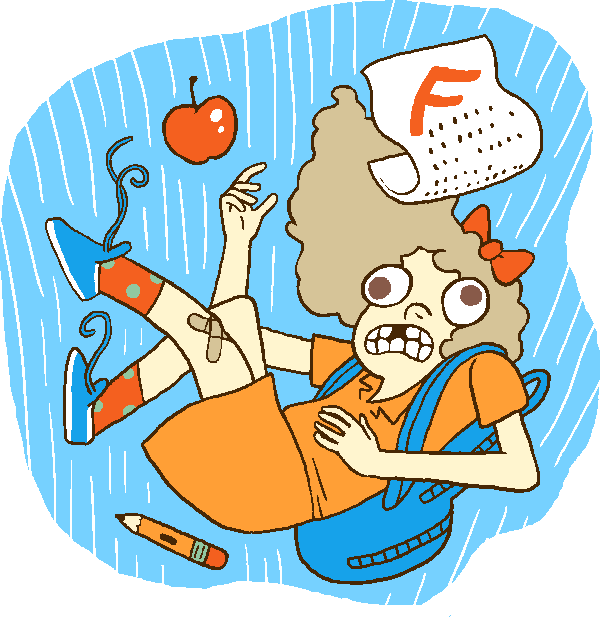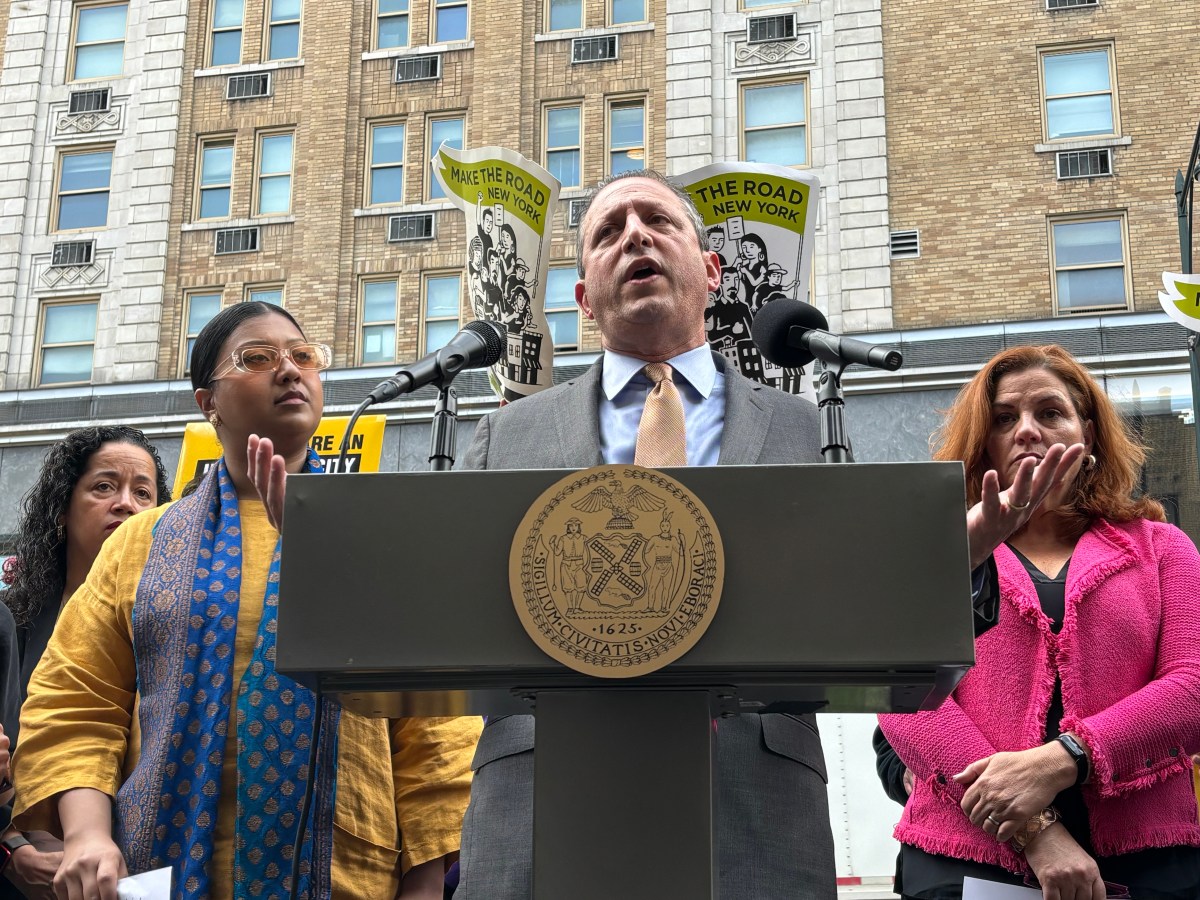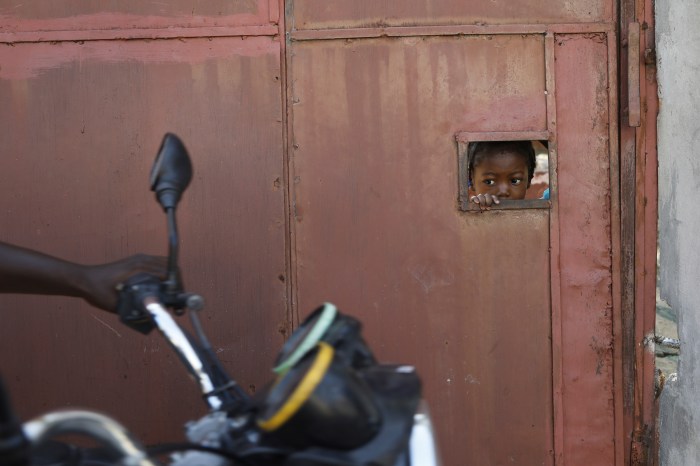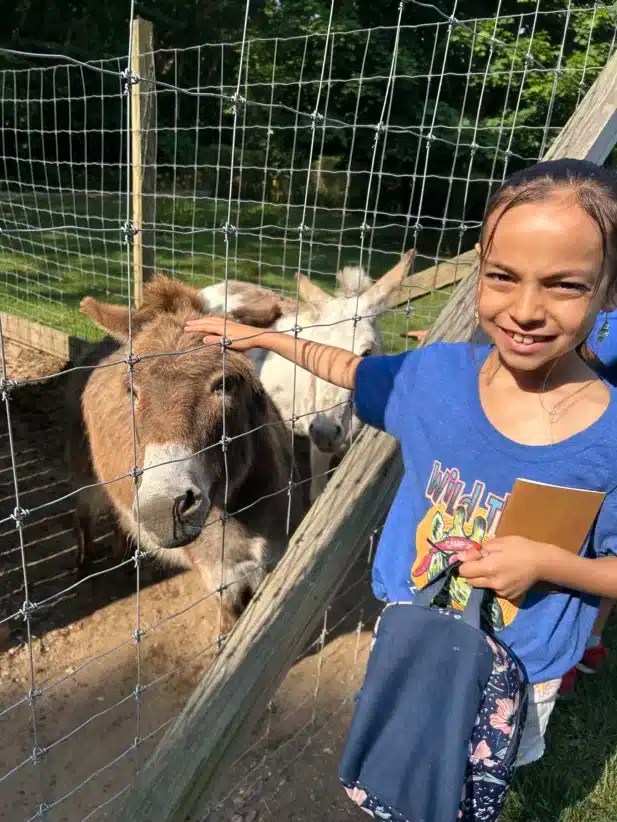The grass is always greener. Ain’t that the truth? Smartmom has spent plenty of time convinced that friends and strangers have a better life than she does.
But who’s to say? What makes one person’s life better than another? Money? Looks? A published book? A husband who makes the bed and fills the dishwasher?
In her new book of essays, “It’s Not That I’m Bitter (or How I Learned to Stop Worrying about Visible Panty Lines and Conquered the World),” Gina Barreca writes about envy, finding a bra that fits, and life as a childless woman. In her sharp essays, she shows that maybe the grass is green enough no matter what choice you make because it’s how you think about things and laugh about them that matters.
Smartmom knows all about grass-is-greener syndrome. When she was toting baby Teen Spirit to Mommy and Me classes 16 years ago, Smartmom envied her twin sister Diaper Diva, who was living the swinging life of a Manhattan single on Columbus Avenue. She had an exciting job in the film business and copious time to eat in restaurants, see first-run flicks (in movie theaters!) and hang out with friends.
At the same time, Diaper Diva envied Smartmom’s married-with-children life. She was eager to meet the right person and have a baby. Meeting the right person was easy enough; Diaper Diva married Bro-in-Law in 2000. But the “having a baby” part wasn’t as easy.
The newlyweds moved into a lovely two-bedroom co-op on Prospect Park West and fantasized about furnishing their extra bedroom with an Oeuf crib and a Design Within Reach rocking chair. But those weren’t the cards they were dealt.
As a result, Diaper Diva felt a pang of sadness and anger whenever she saw a pregnant woman walking down Seventh Avenue. It seemed like every conversation at Connecticut Muffin was about bedtimes or breast-feeding. She felt like every woman in the world — every woman except her, that is — had a baby.
Diaper Diva and Bro-in-Law tried and tried and tried. Finally, they made the best decision of their lives and adopted Ducky, the almost-5-year-old redhead who is about as smart, spunky and adorable as they come.
But Barreca, a professor of English and Feminist Theory at the University of Connecticut, has a different take. In the essay, “Why Childless Women Make Good Mothers,” she deals head on with the fact that she didn’t have children: “I look like somebody’s mother, I sound like somebody’s mother and, heaven knows, I act like everybody’s mother. I advise, I worry, I scold, I applaud, and then I worry some more.”
As a professor, she mothers 150 kids every year.
“They line up outside my door at all hours as if I were some kind of emotional ATM,” she writes. Usually, she admits, she’s asked about matters pertaining to the English department or the university. “But I also hear stories about family difficulties, relationship problems and financial predicaments. I also give fashion advice (‘Don’t pierce what can’t easily be unpierced’ is my latest mantra),” she writes.
Barreca calls what she does “incidental parenting,” and she writes about how much she enjoys the motherly relationships she has with students and the children of her friends.
Smartmom knows that there are many such women who would make fantastic moms, but never got the chance. But Gina’s humorous and analytical take on things helped her overcome whatever emotional pain, whatever grass-is-greener worrying she might have faced in the face of her own childlessness. Indeed, without kids, she can be as neurotic as she wants to be without fear that “a minor under my aegis will carry lifelong scars.”
Smartmom can totally relate to that. She’s often modeled less-than-exemplary behavior, particularly when she’s fighting with Hepcat about his clutter in the living room.
Sure there’s pain, but there’s poignancy, too. “If childless women make good mothers to the young, we also make dandy mothers to mothers,” she writes. Just ask Best and Oldest. Unlike Smartmom, Gina doesn’t judge or evaluate B and O’s parenting skills against her own.
She listens and she thinks: “Please let everybody be OK,” she writes. “And thank you for allowing other women to accept the burden of motherhood while I just get to teach kids about literature and the inherent dangers of piercing.”
So much for grass-is-greener syndrome. Barreca humorously hammers home the idea that the choices we make do add up to something. Barreca could have adopted. Diaper Diva could have decided not to. Everyone chooses a different path, and with a lot of insight and humor, it leads to different, but equally rich, lives.























